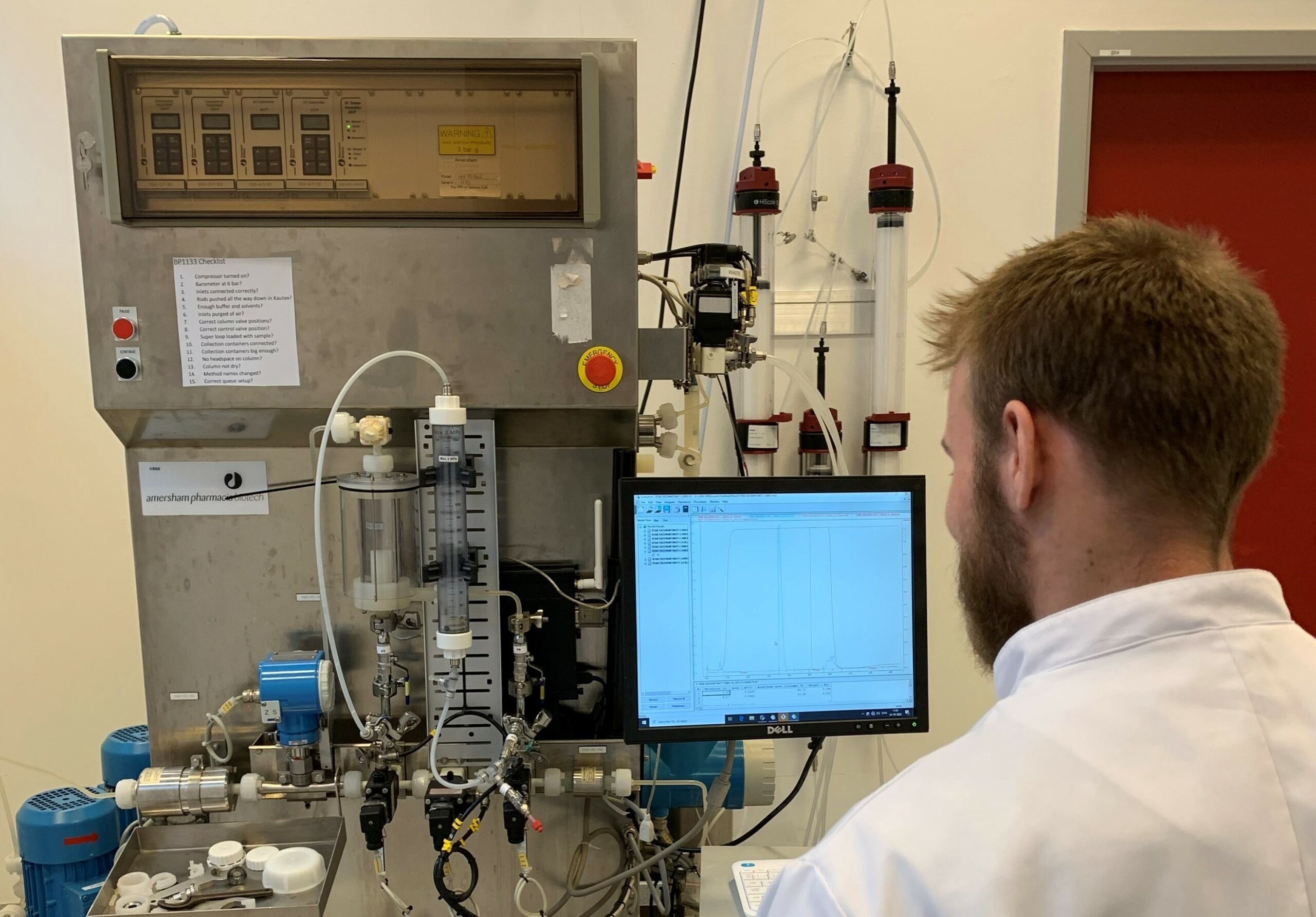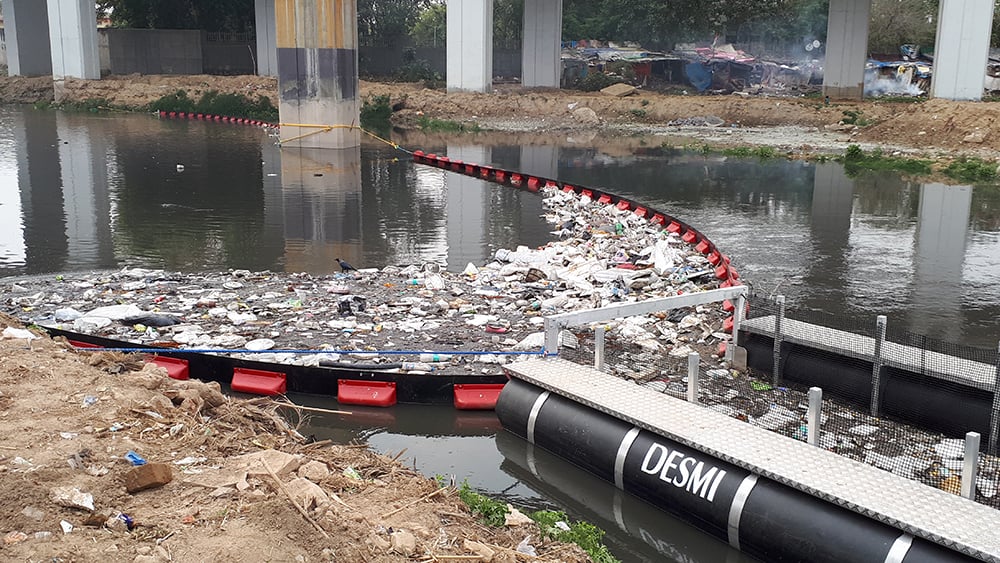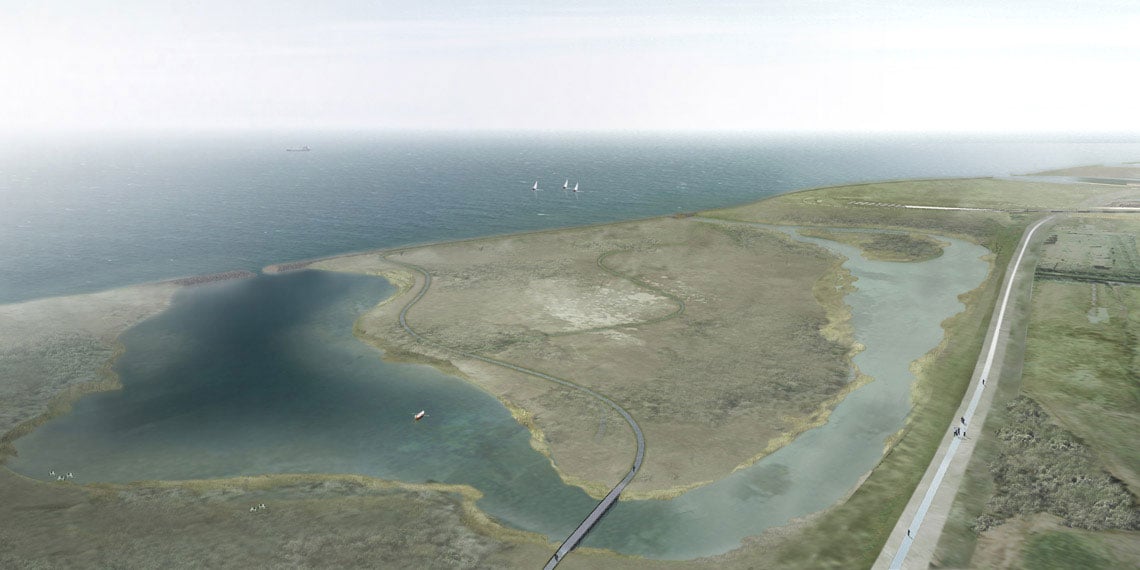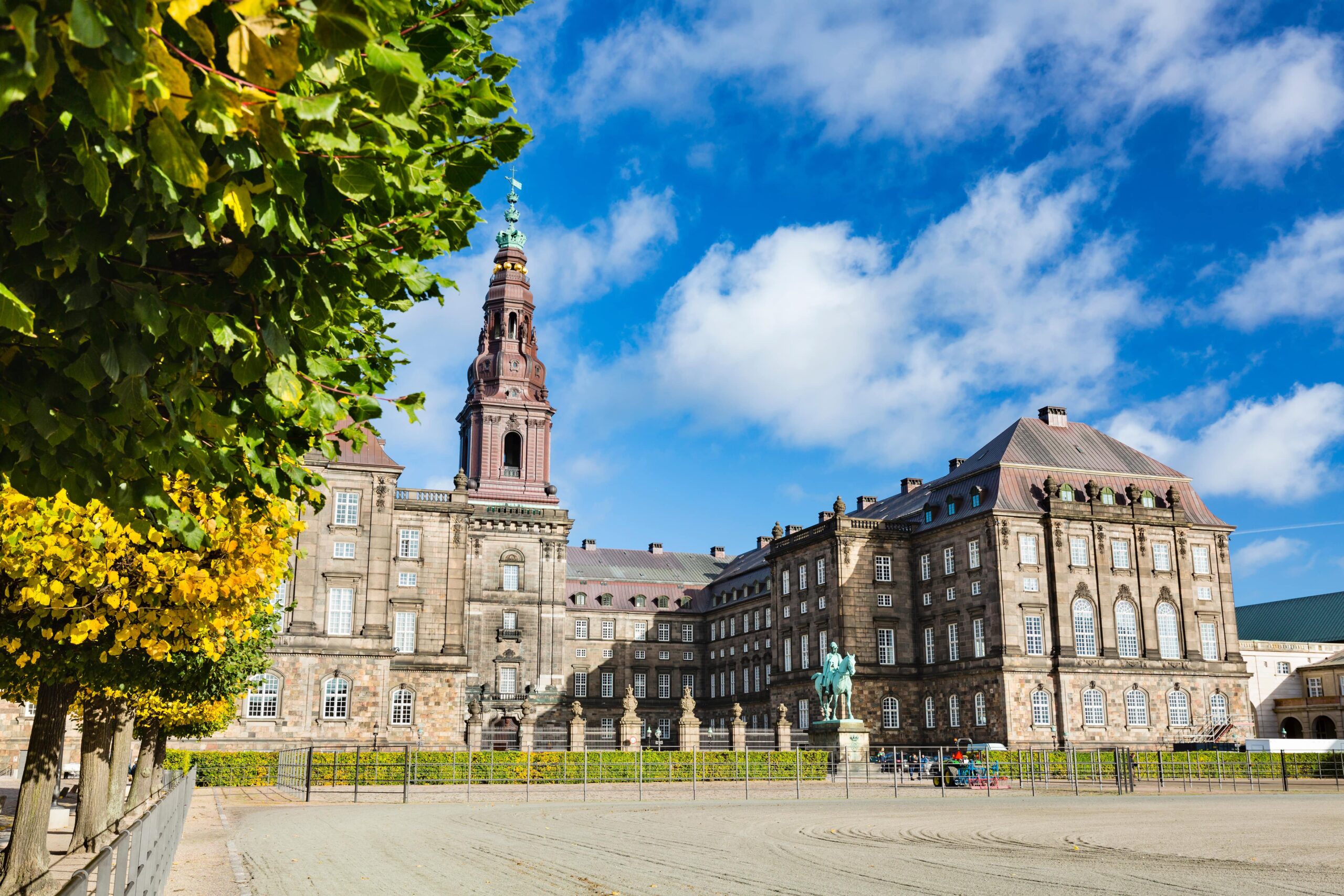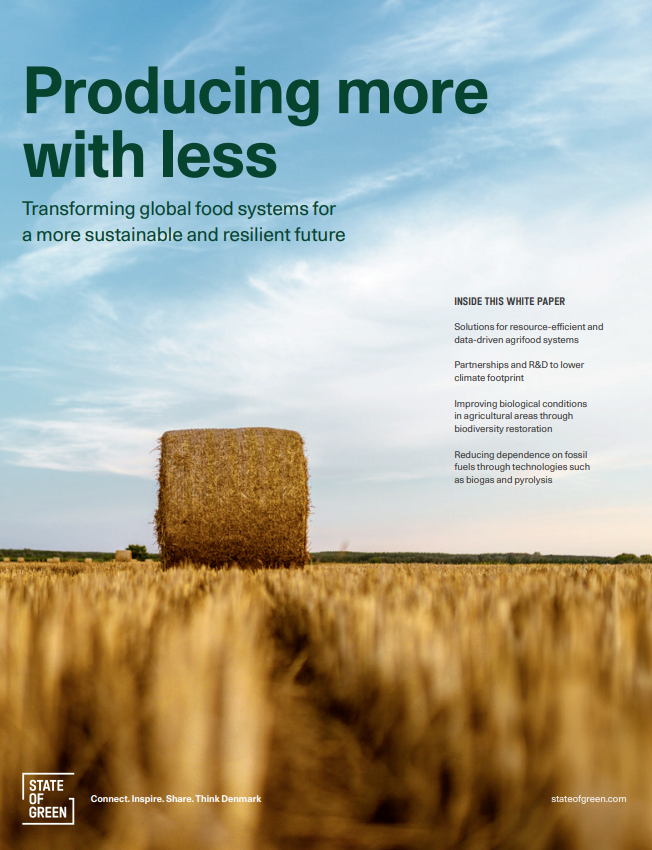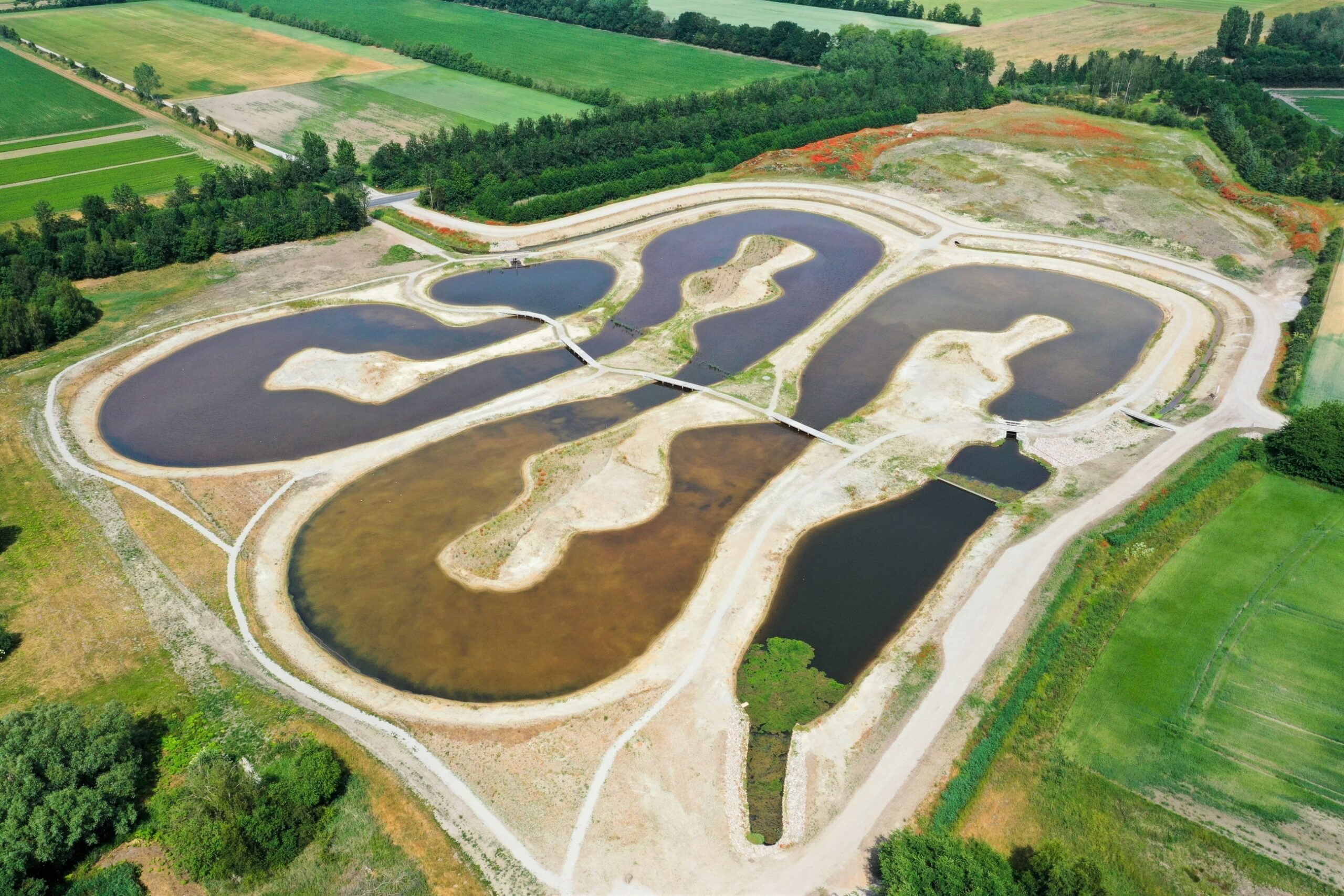News
Air pollution
Climate change adaptation
Recycling of waste to material
+3
Europe’s state of the environment 2020: a sustainable future is still possible, but a change of direction is urgently needed
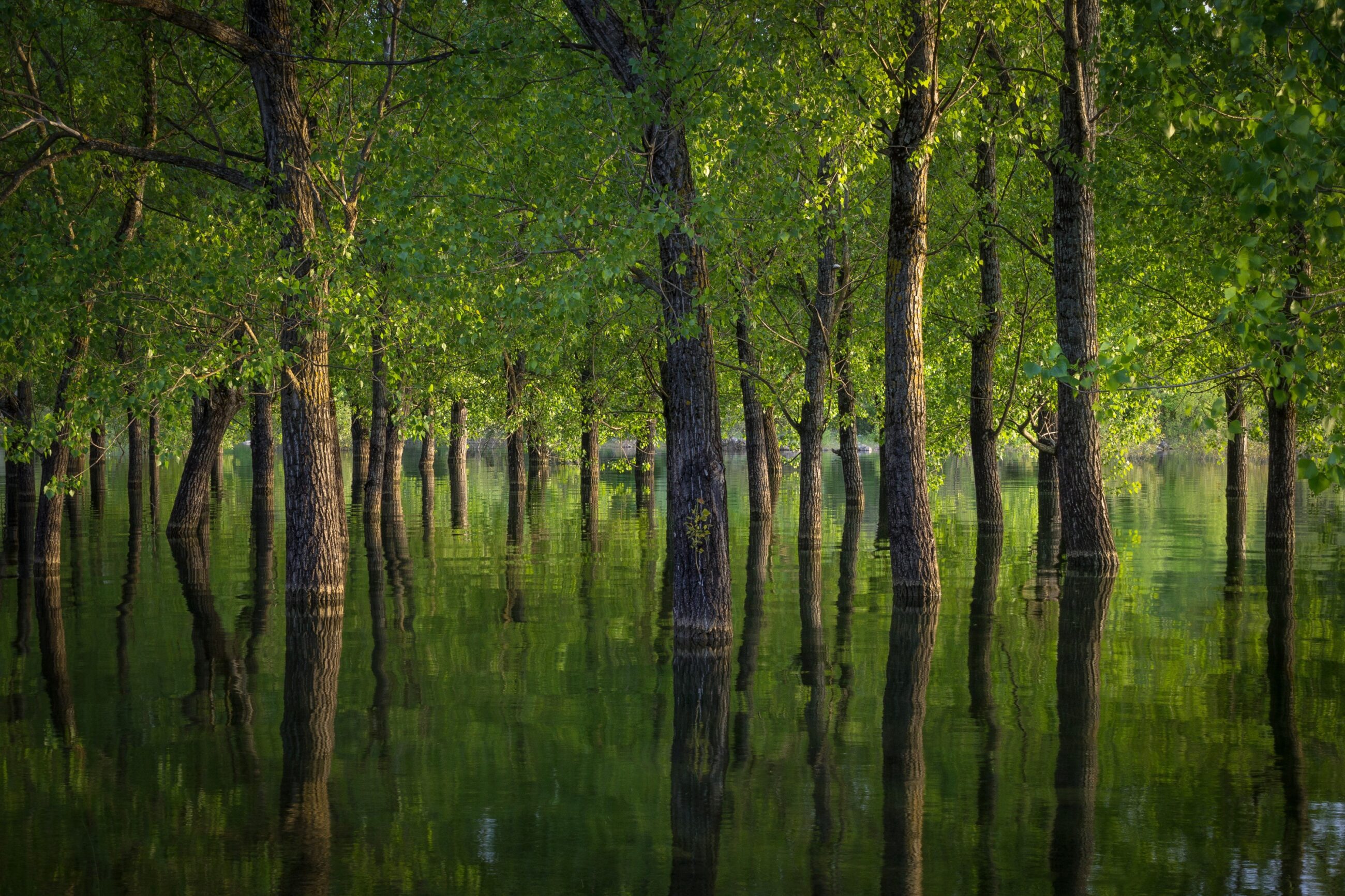

SOER 2020 is the most comprehensive environmental assessment ever undertaken in Europe. It provides a snapshot of where the continent stands in meeting 2020 and 2030 policy targets, as well as longer-term 2050 goals and ambitions to shift to a sustainable, low carbon future. The report notes that Europe has already made significant progress over the past two decades in terms of climate change mitigation, reducing greenhouse gas emissions. Signs of progress are also evident in other areas, such as tackling air and water pollution and the introduction of new policies to tackle plastic waste and bolster climate change adaptation and the circular and bioeconomy. Furthermore, the EU’s sustainable finance initiative is the first of its kind, involving the financial sector in driving the necessary shift to a sustainable future.
-Related publication: From a linear to a circular economy
Urgent need to scale up and accelerate change
While these achievements are significant, Europe will not achieve its sustainability vision of ‘living well within the limits of the planet’ by continuing to promote economic growth and seeking to manage the environmental and social impacts. The report urges European countries, leaders and policymakers to seize the opportunity and use the next decade to radically scale up and speed up actions to put Europe back on track to meeting its medium and longer-term environmental policy goals and targets to avoid irreversible change and damage.
While current European policy actions provide an essential foundation for future progress, they are insufficient. Achieving Europe’s goals will require better implementation and improved coordination between current policies. It will also need additional policy actions to achieve fundamental change in the key systems of production and consumption that underpin contemporary lifestyles, such as food, energy and mobility, which have substantial environmental impacts.
Achieving change requires investing in a sustainable future and ceasing the use of public funds to subsidise environmentally damaging activities. Doing so will create new, economic and social opportunities. At the same time, listening to public concerns and ensuring widespread support for the new direction — a socially just transition – is critical.
“The State of the Environment Report is perfectly timed to give us the added impetus we need as we start a new five-year cycle in the European Commission and as we prepare to present the European Green Deal. In the next five years, we will put in place a truly transformative agenda, rolling out new clean technologies, helping citizens to adapt to new job opportunities and changing industries, and shifting to cleaner and more efficient mobility systems and more sustainable food and farming. There will be multiple benefits for Europe and for Europeans if we get this right, and our economy and our planet will be winners too. This is an urgent global challenge, and a unique opportunity for Europe,” said Frans Timmermans, Executive Vice President of the European Commission.
“Europe’s environment is at a tipping point. We have a narrow window of opportunity in the next decade to scale up measures to protect nature, lessen the impacts of climate change and radically reduce our consumption of natural resources. Our assessment shows that incremental changes have resulted in progress in some areas but not nearly enough to meet our long-term goals. We already have the knowledge, technologies and tools we need to make key production and consumption systems such as food, mobility and energy sustainable. Our future well-being and prosperity depend on this and our ability to harness society wide action to bring about change and create a better future,” said Hans Bruyninckx, EEA Executive Director.
-Related publication: Producing More With Less
The state of the environment has worsened: progress has been made in some areas, but biodiversity and nature protection continue to deteriorate
Overall, environmental trends in Europe have not improved since the last EEA state of the environment report in 2015. The assessment notes that while most of the 2020 targets will not be achieved, especially those on biodiversity, there is still a chance to meet the longer-term goals and objectives for 2030 and 2050.
Europe has made important gains in resource efficiency and the circular economy. However, recent trends highlight a slowing down of progress in areas such as reducing greenhouse gas emissions, industrial emissions, waste generation, improving energy efficiency and the share of renewable energy. Looking ahead, the current rate of progress will not be enough to meet 2030 and 2050 climate and energy targets.
Protecting and conserving European biodiversity and nature remains the area where progress is most dismal. Of the 13 specific policy objectives set for 2020 in this area, only two are likely be met: designating marine protected areas and terrestrial protected areas. Looking ahead to 2030, if current trends continue, they will result in the further deterioration of nature and continued pollution of air, water and soil.
Climate change, air and noise pollution impacts on the environment and human health remain areas for concern. Exposure to fine particulate matter is responsible for approximately 400,000 premature deaths in Europe annually. This affects central and eastern European countries disproportionally. There is also growing concern over hazardous chemicals and the risks they pose. Looking ahead, the prospects for reducing environmental risks to health would be improved with better integration of environment and health policies.
A sustainable future is still possible: where to take action?
Achieving Europe’s low carbon and sustainability vision is still possible. The report outlines seven key areas where bold action is needed to get Europe back on track to achieve its 2030 and 2050 goals and ambitions.
- Realise the unfulfilled potential of existing environmental policies. Fully implementing existing policies would take Europe a long way to achieving its environmental goals up to 2030.
- Embrace sustainability as the framework for policymaking. Developing long-term policy frameworks with binding targets — starting with the food system, chemicals and land use — will stimulate and guide coherent actions across policy areas and society.
- Lead international action towards sustainability. The EU should use its diplomatic and economic influence to promote the adoption of ambitious international agreements in areas such as biodiversity and resource use.
- Foster innovation throughout society. Changing the current trajectory will closely depend on the emergence and spread of diverse forms of innovation that can trigger new ways of thinking and living.
- Scale up investments and reorient the finance sector to support sustainable projects and businesses. This requires investing in the future by making full use of public funds to support innovation and nature-based solutions, procuring sustainably and supporting impacted sectors and regions. It also entails engaging the financial sector in sustainable investment by implementing and building on the EU’s Sustainable Finance Action Plan.
- Manage risks and ensure a socially just transition. A successful transition will entail societies acknowledging potential risks, opportunities and trade-offs, and devising ways to manage them. EU and national policies have an essential role in achieving ‘just transitions’, making sure no one is left behind.
- Build more knowledge and knowhow. This entails additional focus on understanding the systems driving environmental pressures, pathways to sustainability, promising initiatives and barriers to change. Further capacity building is needed to navigate a rapidly changing world by investing in education and skills.
Background
The European environment – state and outlook 2020 is published by the EEA every five years. SOER 2020 is the 6th SOER published by the EEA since 1995. SOER 2020 has been prepared in close collaboration with the EEA’s European Environment Information and Observation Network (Eionet).
Source: The European Environment Agency
Photo: Photo by Ivan Banovic
You should consider reading
publications
Resource efficient production
+15
